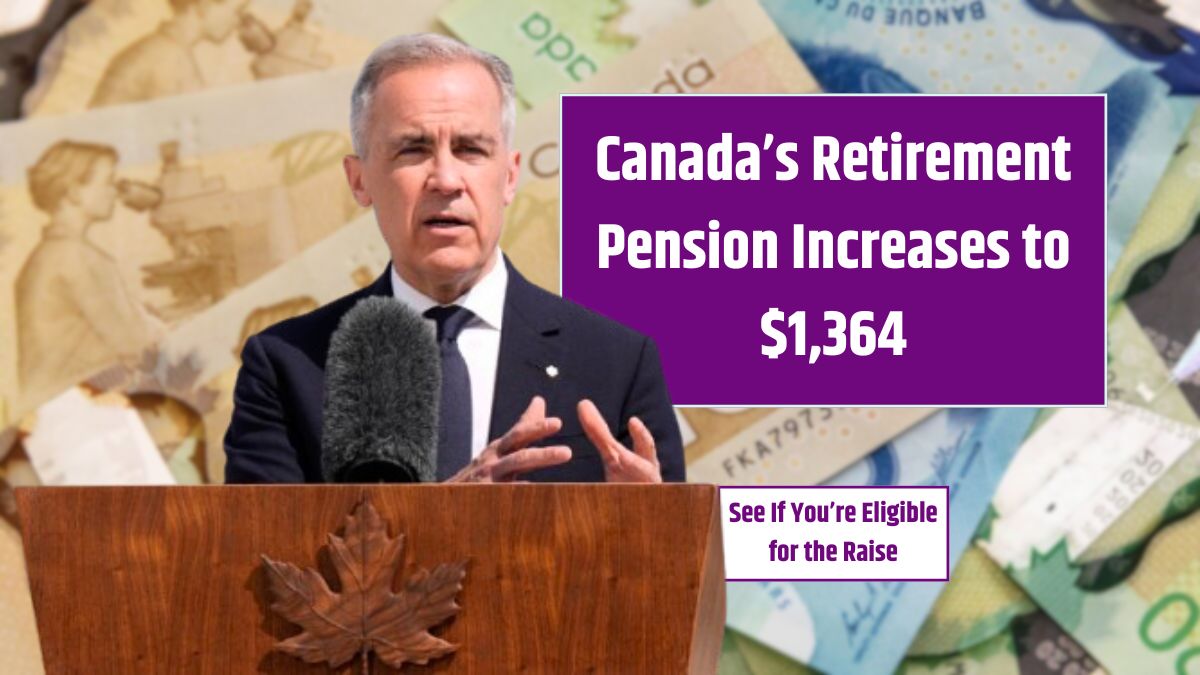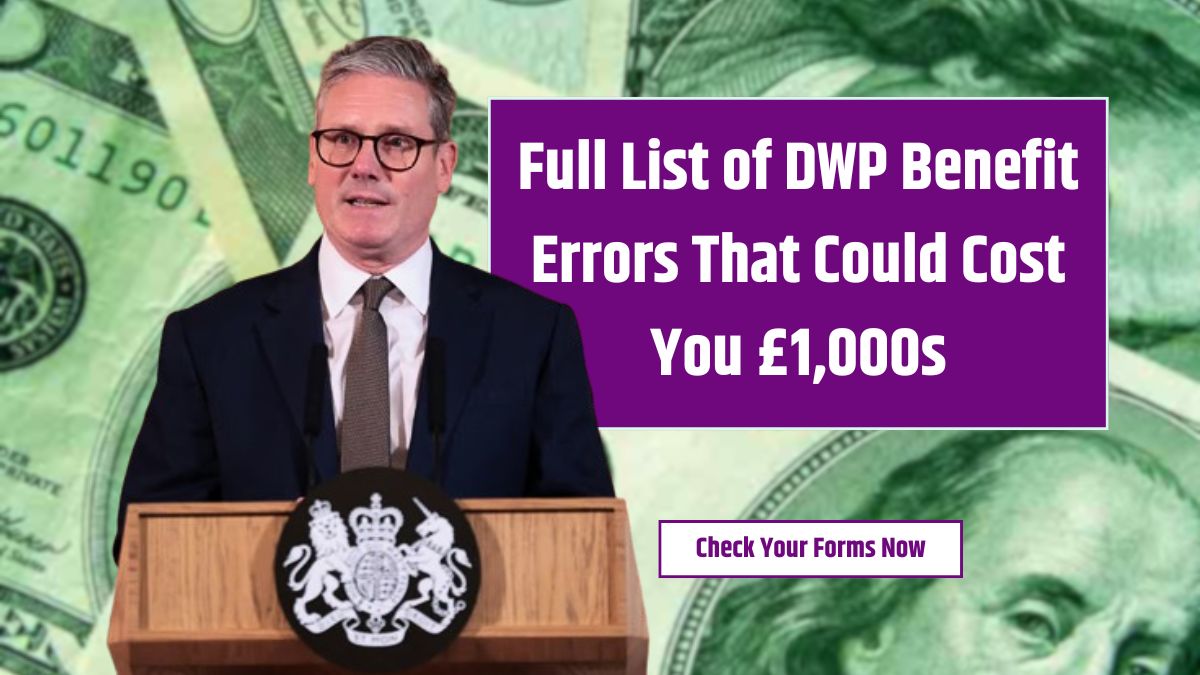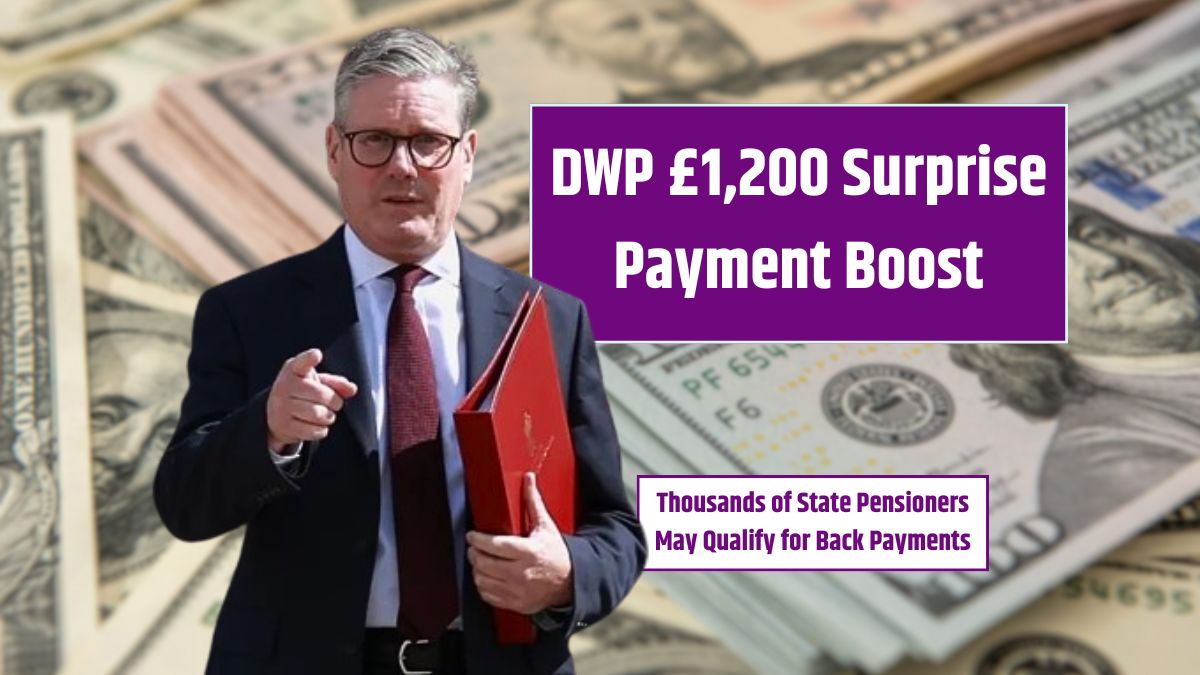If you’re receiving Attendance Allowance, it’s important to stay alert—especially when it comes to reporting changes in your circumstances. The Department for Work and Pensions (DWP) has issued fresh guidance for 2025, and failing to follow it could mean reduced payments or having your benefit stopped altogether.
Whether you’re already getting up to £441.60 every four weeks or just applying, here’s what you need to know to keep your payments safe.
Benefit
Attendance Allowance is a non-means-tested benefit for people over State Pension age who need help with personal care due to a disability or long-term illness. It doesn’t depend on your savings or income and can be claimed even if no one is formally caring for you.
Here’s what you need to know at a glance:
| Topic | Details |
|---|---|
| Benefit Name | Attendance Allowance |
| Payment Frequency | Every four weeks |
| Payment Amount | Up to £441.60 (2025/26 rates) |
| Administered By | Department for Work and Pensions (DWP) |
| Application Method | Phone or GOV.UK website |
| Appeals Available | Yes – you can challenge decisions |
| Extra Help | Can boost other benefits like Pension Credit |
Rates
There are two rates of Attendance Allowance:
- Lower Rate: £73.90 per week if you need help during the day or night
- Higher Rate: £110.40 per week if you need help during both day and night, or if you are terminally ill
That adds up to a maximum of £441.60 every four weeks—a significant amount for many pensioners.
Eligibility
To qualify, you must:
- Be over State Pension age
- Have needed personal care help for at least 6 months (unless terminally ill)
- Have a disability or illness that affects daily living
- Live in Great Britain and have been resident for 2 of the last 3 years
- Not be subject to immigration control
Help can mean support with:
- Getting dressed or washed
- Taking medication
- Supervision due to falls, confusion, or mental health issues
Risks
There are several circumstances that could affect your Attendance Allowance. Ignoring them may result in overpayments or a suspension of your benefit.
1. Hospital or Care Home Stay
If you’re in a hospital or care home paid for by the NHS or local authority for more than 28 days, your benefit will stop. You must inform the DWP immediately when admitted.
2. Extended Travel Abroad
Short trips are fine, but if you’re abroad for more than 13 weeks (or 26 if receiving treatment), your payments could stop. Notify the DWP in advance to avoid problems.
3. Care Needs Change
If your condition improves—or worsens—you must let the DWP know. It could mean a reduction or increase in your payments.
4. Moving Into a Care Home
If the local authority is paying for your care, you may no longer qualify. But if you’re funding it yourself, you can usually still receive Attendance Allowance.
Application
Call the Attendance Allowance helpline on 0800 731 0122 or download the form from GOV.UK.
Complete in Detail
Be honest and specific. Don’t downplay how your health impacts daily life—even minor struggles matter.
Provide Evidence
Include letters from your GP, carers, or family describing your care needs.
Submit by Post
Post your completed form to the address on the form. Keep a copy in case you need to refer back to it.
Wait for a Decision
The DWP might contact you for more details or a medical assessment. A decision usually arrives within a few weeks.
Real
Take Margaret, 78, from Manchester. She receives the higher rate due to arthritis and mobility issues. She went abroad to stay with her daughter for 10 weeks—well within the limit—and informed the DWP ahead of time, so her payments continued.
Later, when she had a hip replacement and spent 32 days in hospital without notifying DWP, she had to repay some of the benefit.
Mistakes
Avoid these common errors:
- Forgetting to report hospital stays
- Not informing the DWP about improvements in health
- Thinking you need a formal carer to qualify
- Under-reporting how your condition affects daily tasks
Tips
- Keep a daily care diary
- Get a supporting letter from your GP
- Ask Citizens Advice or Age UK for help completing the form
- Report any changes right away
- Keep copies of all documents and correspondence
Appeal
If your payment is stopped:
- Contact the DWP to understand the reason
- Request a Mandatory Reconsideration if you believe the decision is wrong
- File an Appeal to an independent tribunal if needed
- Seek Support from local welfare or legal advice services
Checklist
Here’s a quick printable list of changes you must report:
- You enter a hospital or care home
- Your care needs increase or decrease
- You plan a trip abroad longer than 4 weeks
- You move to a new address
- You begin or stop receiving care from someone
FAQs
What is Attendance Allowance for?
Support for over-pension-age adults needing help with personal care.
How much is Attendance Allowance in 2025?
Up to £441.60 every four weeks depending on your care needs.
Do I need a carer to claim?
No, you don’t need a formal carer to qualify.
Will it stop if I go into hospital?
Yes, after 28 days unless you notify the DWP and meet exceptions.
Can I appeal if my payment stops?
Yes, ask for a reconsideration or file a formal appeal.























